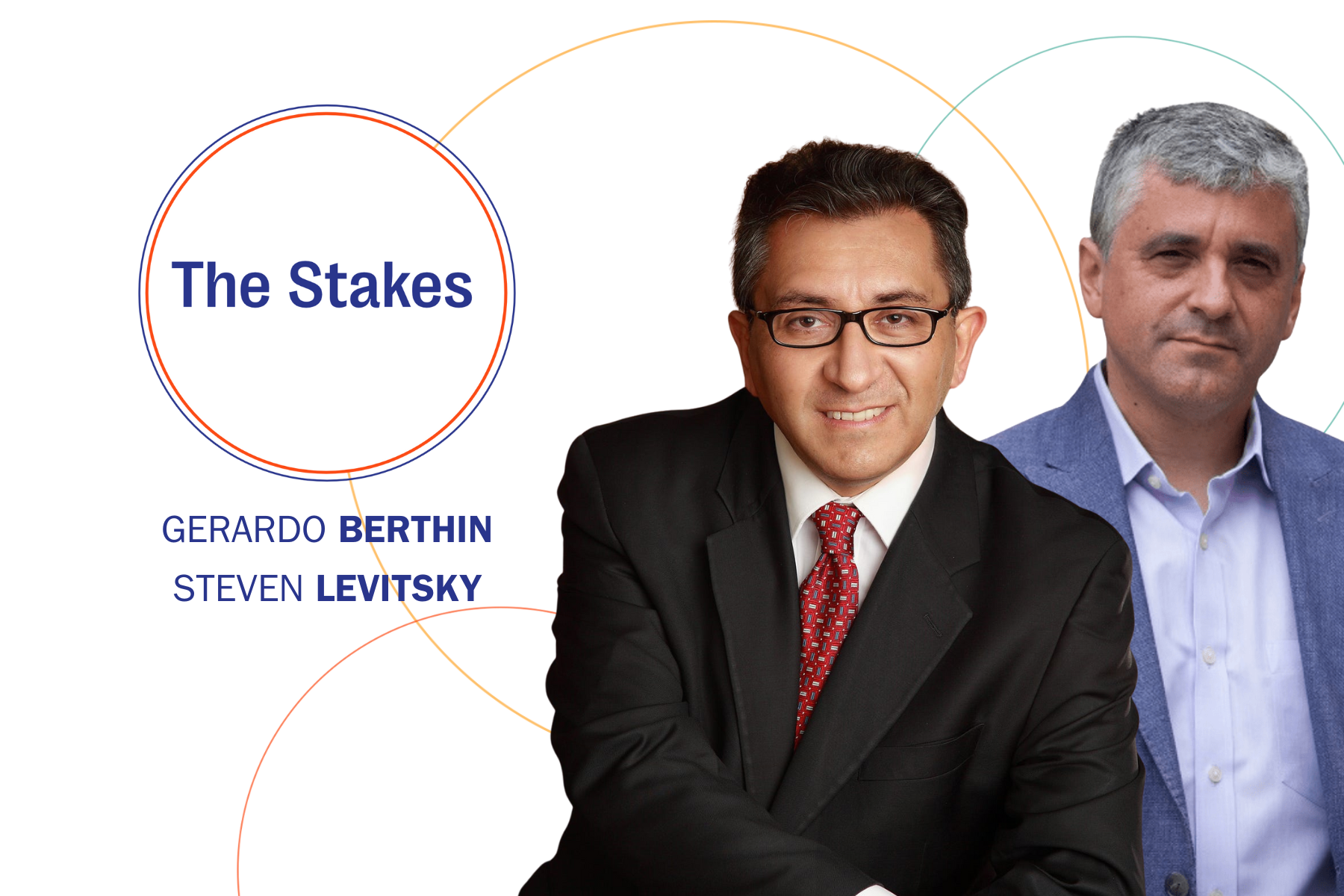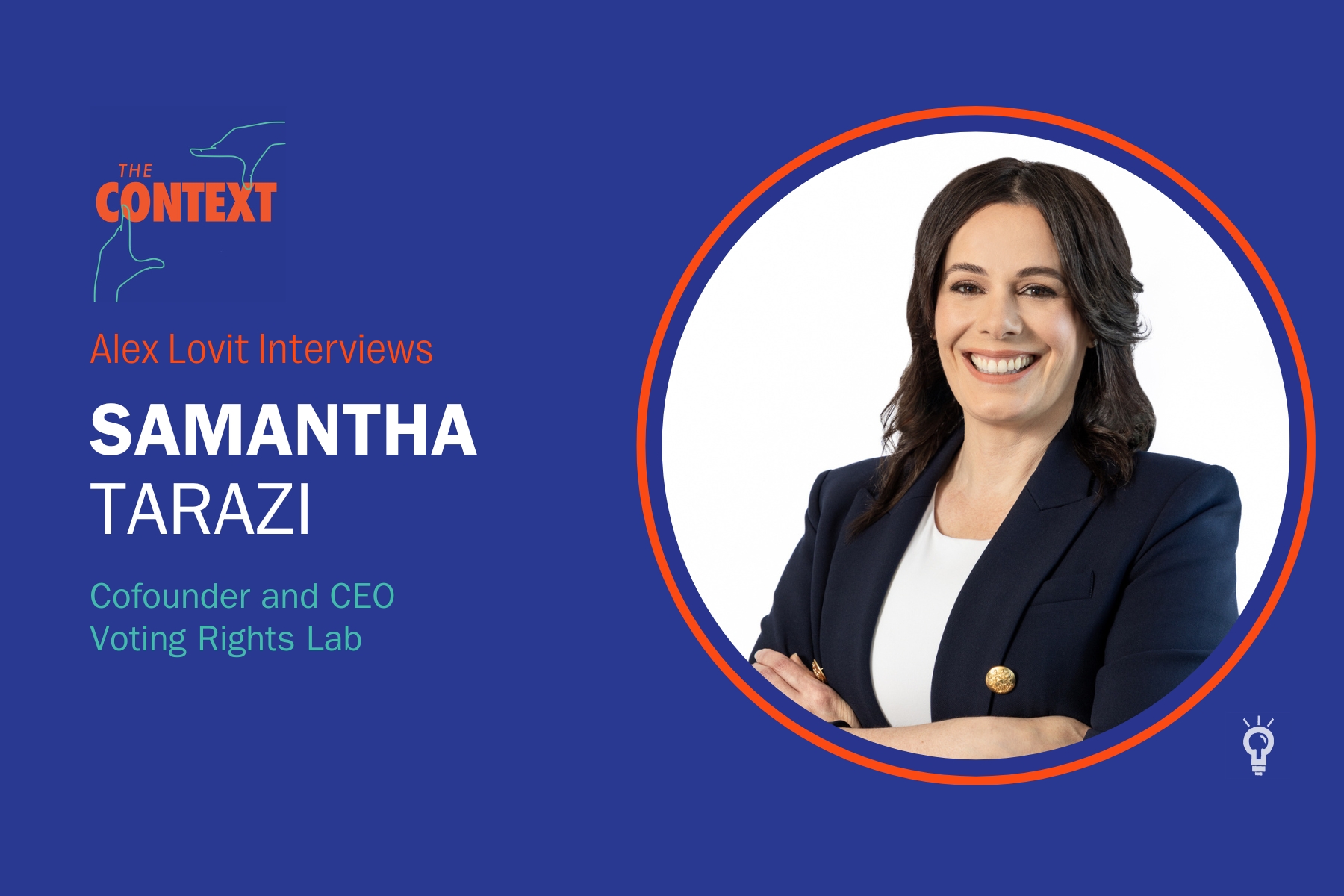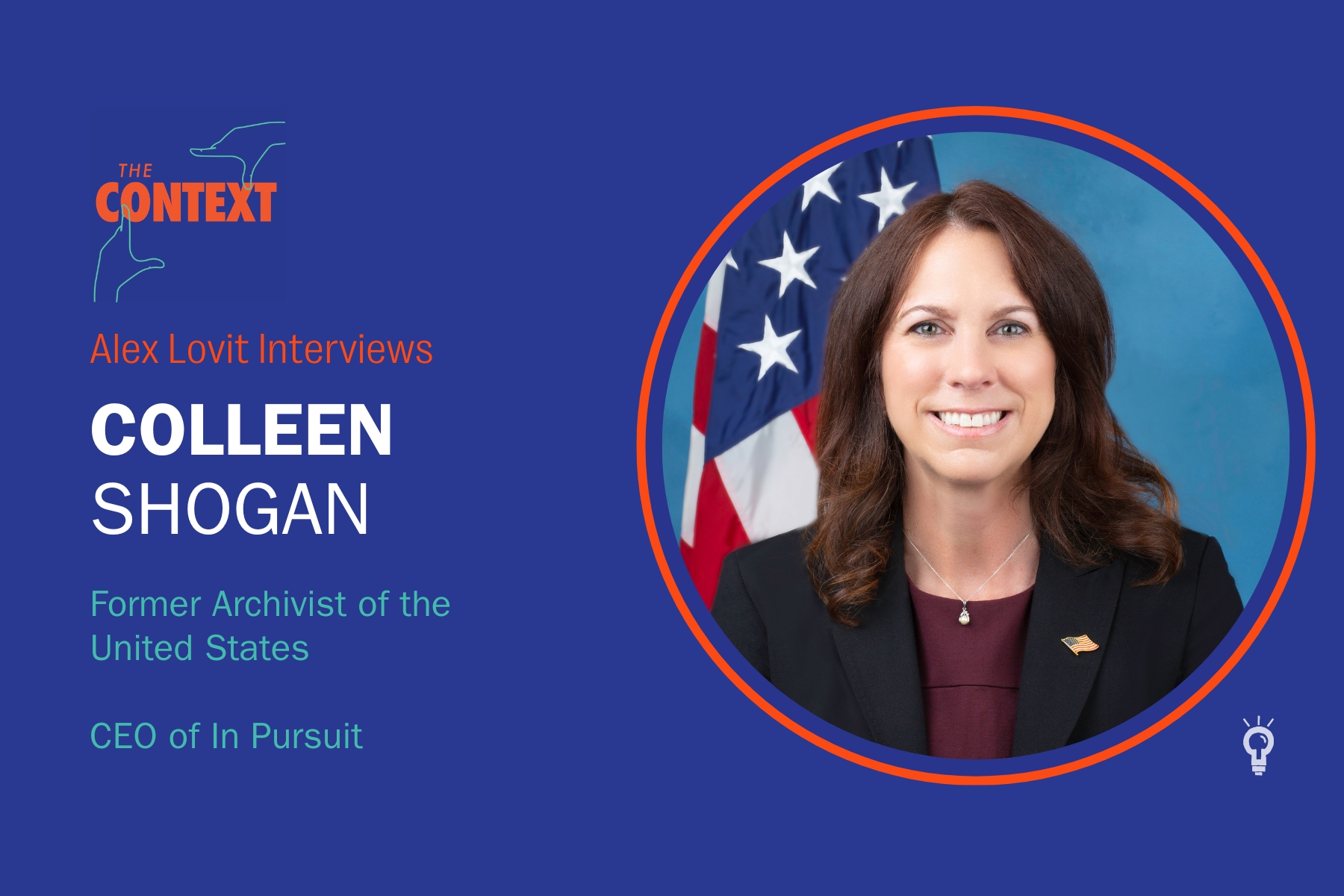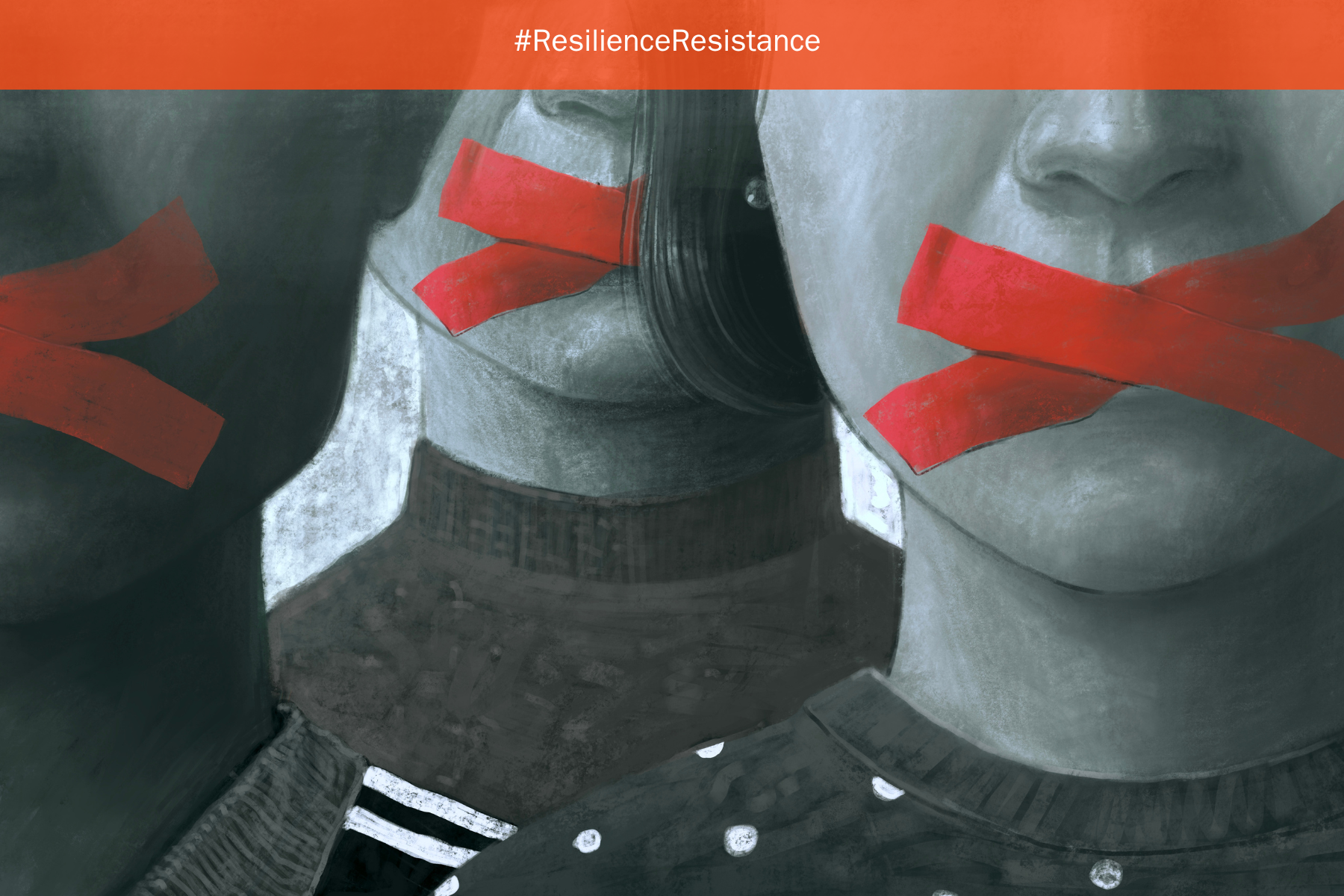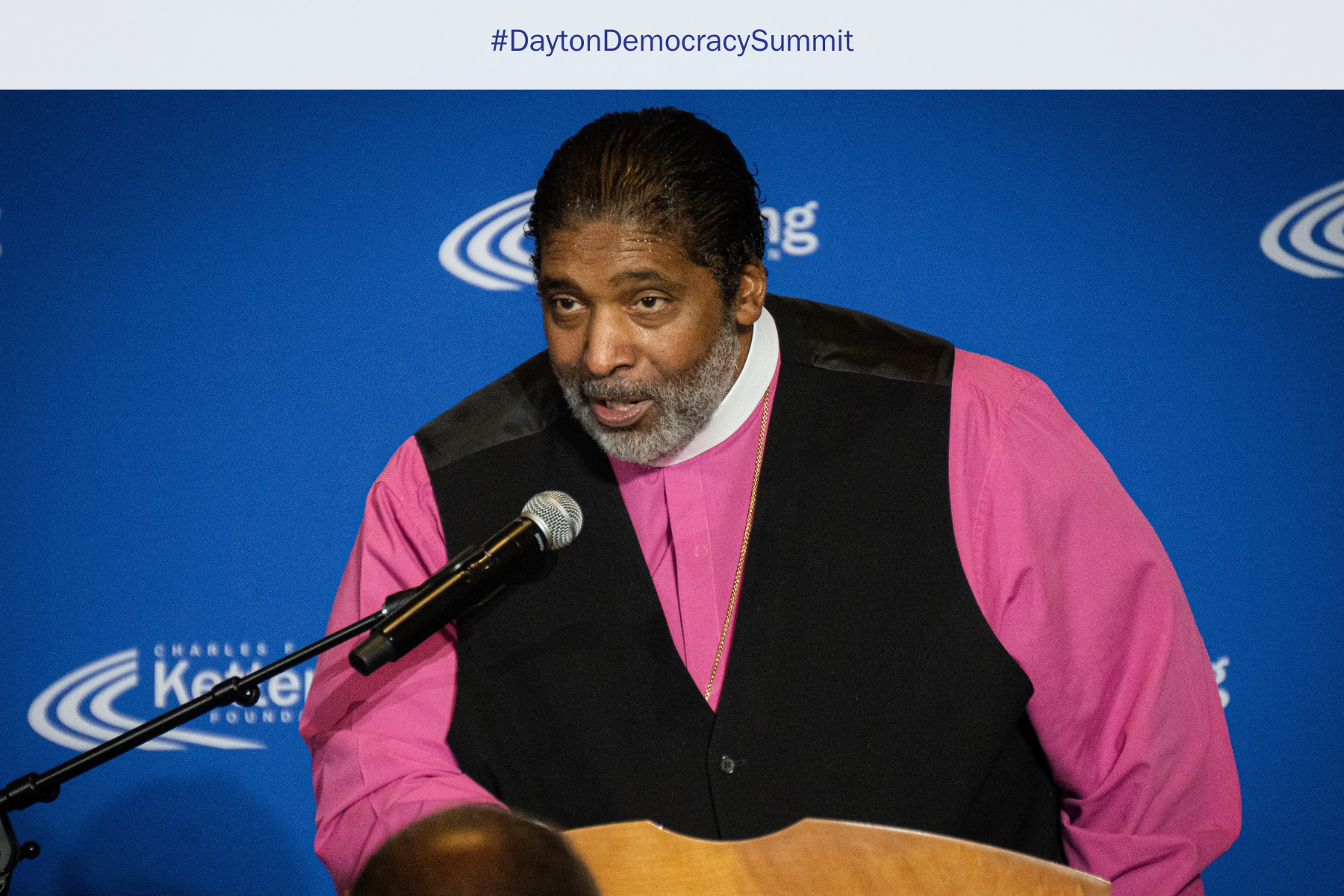Justice Delayed, Justice Denied
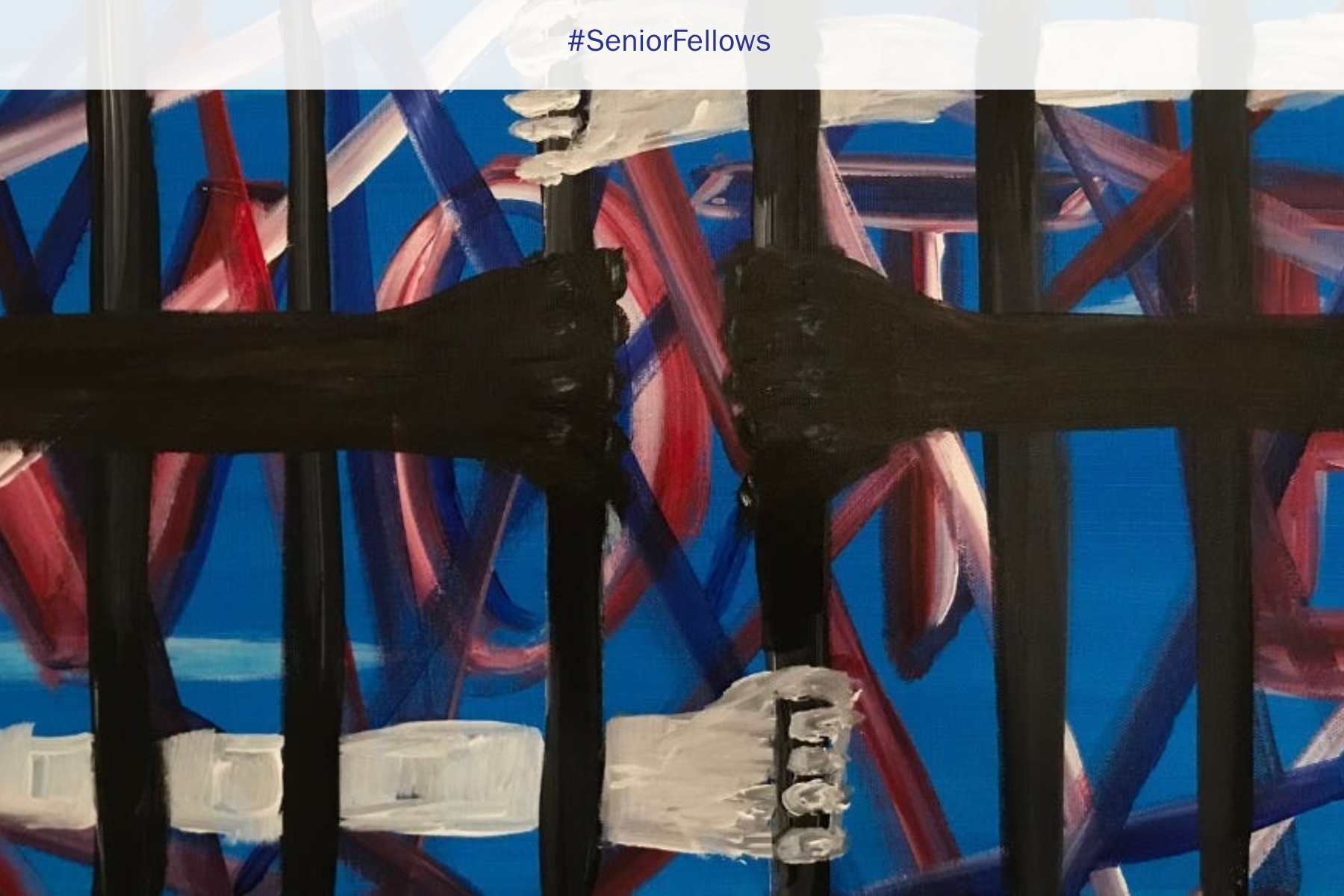
Democracy Academy: The Many Ways the Court Undermines Justice
Does it ever feel like the Supreme Court is going out of its way to favor all the cases that undermine democracy, while hampering cases that would lift democracy?
Not just on the merits of cases, but in the way the court goes about hearing cases and making its decisions in the first place. Just as examples:
- throwing out decades of established precedent, principles, or practices when that precedent or those principles served to protect rights, democracy and/or the rule of law; but clinging to any precedent, no matter how obscure, that undermines rights, democracy and/or the rule of law
- using hurdles such as standing to put brakes on cases that would protect rights, democracy and/or the rule of law, but ignoring those same rules for cases that undermine rights, democracy and/or the rule of law
- using the shadow docket—with no written opinions—to make it as difficult as possible for courts and those aggrieved by illegal acts to stop them—even after they have been found to be illegal or when they are blatantly illegal
- deferring to states, “states’ rights,” and state courts when those states are undermining democracy and rights; but ignoring or overriding states and state courts when those states or courts are seeking to protect or support democracy and rights
- using cases that were filed for one purpose (and which are clearly losing cases for the government) to undermine other rule of law principles along the way
- apply originalist principles and strict textualism in ways that undermine democracy and the rule of law; but ignore or defy the clear text or originalism when it would serve to uphold the rule of law
- using rulings to create a culture where federal district court orders can be regularly ignored with incredibly slow or no repercussions whatsoever
- creating no disincentive for the government to violate court orders for as long as possible, allowing that government to accomplish its goals even after they have been ruled to be illegal (and after which, their illegal actions become far more difficult to undo)
- and pacing decision-making to draw out or delay cases that protect free elections, democracy and the rule of law, but fast-track cases that undermine the rule of law and democracy
That’s a pretty serious tool kit, isn’t it. And a pretty blatant pattern.
But I want to focus on the last one for a moment. Because there are few more effective ways to suppress justice than through delay. We’re seeing that now.
And it’s been one of the clearest lessons from America’s past. Let me provide one of the worst examples. And one of the longest delays imaginable.
“Grandfather Clauses” in Oklahoma
On the surface, the following two cases out of Oklahoma appear to be major victories for voting rights—some of the first cracks in the wall that was Jim Crow. But the delay between the two rulings meant rampant lawlessness and defiance (by, you guessed it, a state legislature) was rewarded, and a generation of Black voters was locked out of their state’s democracy.
Here’s that story:
Shortly after becoming a state in 1907, Oklahoma amended its new constitution to add a literacy test, with an odious twist:
“No person shall be registered as an elector of this state or be allowed to vote in any election held herein, unless he be able to read and write any section of the Constitution of the state of Oklahoma; but no person who, on January 1st, 1866, or any time prior thereto, entitled to vote under any form of government, . . . and no lineal descendant of such person shall be denied the right to register and vote because of his inability to so read and write sections of such Constitution.”
In other words: If you or your father or grandfather could vote before Blacks were allowed to vote, you don’t have to take the literacy test.
If you or your forebears couldn’t vote before Blacks could vote (wink wink), you must take the literacy test (which, incidentally, is designed for you to fail).
Subtle, right?
Other states had similarly blunt-force measures, known as “grandfather clauses.” They—in conjunction with those onerous and subjective literacy tests—were one of the most effective tools in disenfranchising thousands of Southern Black voters, many of whom had voted for decades before the turn of the 20th century.
In Oklahoma, Black voters who had previously voted decided to challenge the law.
Specifically, in Guinn v. United States, Black Oklahomans who were kept from registering and voting in the 1910 Oklahoma election challenged the grandfather clause as a violation of the Fifteenth Amendment.
The state’s defense was a familiar one: that it had the right to set its own voting standards, and that the clause did “not in terms make any discrimination on account of race, color, or previous condition of servitude.”
Anyone who satisfies the nonracial requirements gets to vote, regardless of race, South Carolina argued, parroting successful state arguments from prior years.
In a rare victory for voting rights back then, the court was not impressed: “It is true that it contains no express words of an exclusion from the standard . . . on account of race, color or previous condition of servitude . . . but the standard itself inherently brings that result into existence since it is based purely upon a period of time before the 15th Amendment, and makes that period the controlling and dominant test of the right to suffrage.”
And with that, the Supreme Court struck down the Oklahoma grandfather clause.
But the crafty Oklahoma legislature wasn’t done. . . .
They responded to this loss (Guinn came down in 1915) by rushing through a new voting law which operated as follows:
- All voters who had voted in the 1914 election under the prior voting rules were automatically registered to vote in Oklahoma going forward;
while - All voters who had not voted in 1914 under the old regime now had the opportunity to register without a literacy test if . . . wait for it . . . they registered between April 30 and May 11, 1916(!).
- Whichever citizens did not register in that 12-day window could not register for the rest of their lives(!).
Outrageous defiance of the Supreme Court, it would seem.
Well, the court thought so too.
And in the decision Lane v. Wilson, the court struck down this new voting/registration law as an obvious attempt to defy its prior ruling.
Justice Frankfurter didn’t mince words: “Unfair discrimination was thus retained by automatically granting voting privileges for life to the white citizens whom the constitutional ‘grandfather clause’ had sheltered while subjecting colored citizens to a new burden. . . . [The narrow registration window] operated unfairly against the very class on whose behalf the protection of the Constitution was here successfully invoked.”
In other words, the court told Oklahoma: You used the same damn grandfather clause we struck down to once again protect White voters from a new, stringent standard only applied to Black voters.
Frankfurter explained further, in oft-quoted language: “The [Fifteenth] Amendment nullifies sophisticated as well as simple-minded modes of discrimination.”
Justice!
Finally.
The court coming through!
Right?
Not so fast.
In fact, not fast at all.
There’s one fact from Lane that dilutes the justice achieved.
The case was decided in 1939(!).
The challenge wasn’t brought until 1934.
Remember, Oklahoma’s original grandfather clause was struck down in 1915.
(Lane, the plaintiff, was not included on the registration list in 1916.)
So the Oklahoma legislature’s blatant defiance of the court’s order in 1915 succeeded in disenfranchising Black voters, and poisoning the politics of the state, for decades longer.
Despite the historic win, many Black Oklahomans would be locked out of their own state’s democracy for the rest of their lives.
And when it came to the legislators who thumbed their nose at the court, Black citizens would be irrelevant to them for their entire careers.
Injustice, all that time.
Makes me ill every time I think about it.
But it’s a pattern of successful delay and defiance that will repeat itself for years to come . . . including today.
How history rhymes.
This article was first published on September 27 on David Pepper’s Substack, Pepperspectives, and the art spot for this post features a painting he created in October 2020.
David Pepper is a lawyer, writer, political activist, adjunct professor, former elected official, former chair of the Ohio Democratic Party (2015–2021), and a Charles F. Kettering Foundation senior fellow.
The views and opinions expressed by contributors to our digital communications are made independent of their affiliation with the Charles F. Kettering Foundation and without the foundation’s warranty of accuracy, authenticity, or completeness. Such statements do not reflect the views and opinions of the foundation which hereby disclaims liability to any party for direct, indirect, implied, punitive, special, incidental, or other consequential damages that may arise in connection with statements made by a contributor during their association with the foundation or independently.
